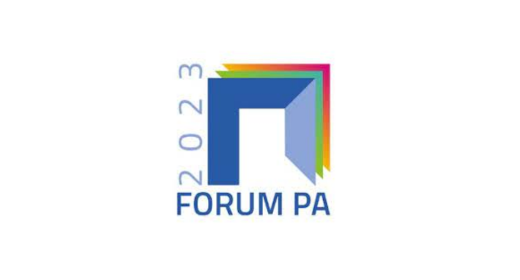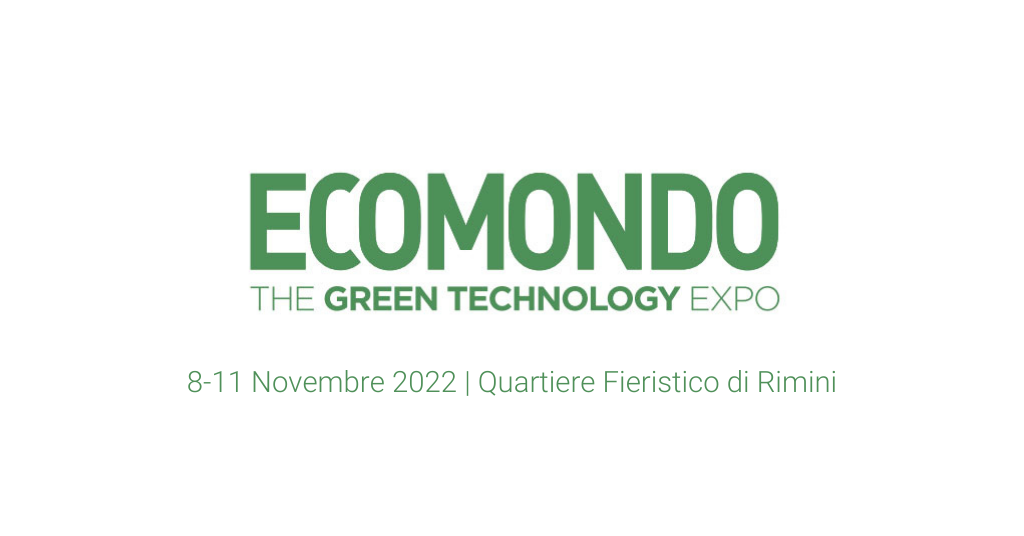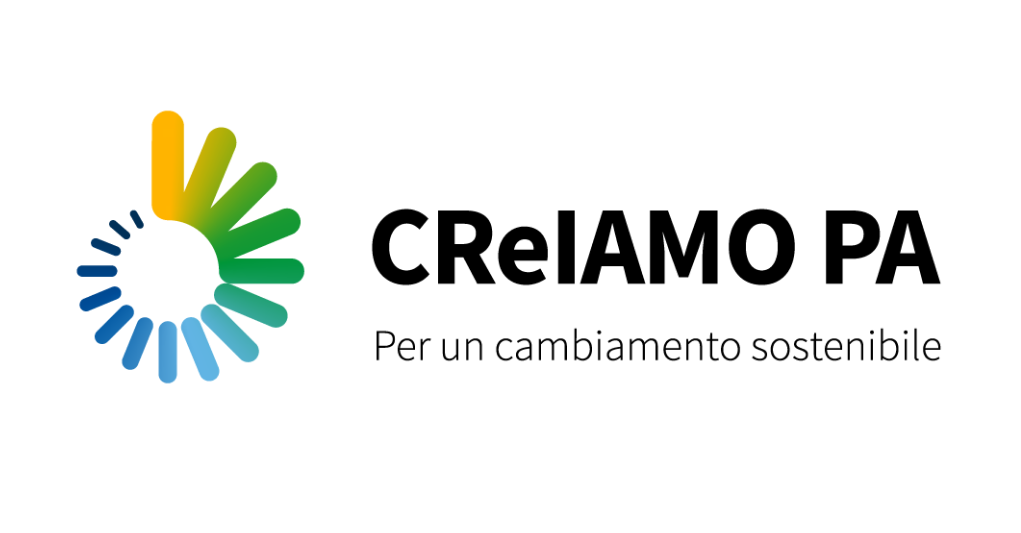L3 - RATIONALIZATION OF ENVIRONMENTAL RECLAMATION PROCEDURES
Reclamation is a fundamental challenge for our country. Today, key concepts are the importance of environmental remediation, the reuse of large industrial areas, the production sector development, and the enterprises and infrastructures relaunch, including infrastructures, starting from the harbors.
Nowadays, it's possible to plan interventions dedicated to the promotion, protection, conservation, and improvement of European Union natural capital, also thanks to the "Structural Funds and Development and Cohesion" resources. Thanks to these resources, we are also able to address the environmental requalification and remediation processes in the Sites of National Interest (SIN), which until now have represented a gap between environmental/health sustainability and economic development. These actions are possible through a horizontal line of action addressing the entire public administration, and it's essentially functional to strengthen the public investment programs' multilevel governance.
The SIN includes 39 sites and represents our country's most critical areas of our country, for example, important active or disused coastal production areas. Today, we have the right resources for long-term planning, which creates the basis for environmental requalification of these areas - and starts from the efficiency of the technical-administrative procedure in managing the entire remediation process.
Line L3 "Rationalization of environmental reclamation procedures" wants to optimize the entire reclamation process management of SIN areas, through actions structured to help Bodies and Administrations in overcoming critical issues. The aim is also to start joint teamwork with all those Regions including the remediation interventions in their regional Operational Programs (2014-2020). The actions include technical meetings, work sessions, exchanges, events, and support activities. Each action is carried out by the Ministry through Sogesid SpA, the in-house company identified as the implementing entity of the Project.
There are three areas of intervention within Line 3:
A3.1 concerns the identification and dissemination of best practices in SIN management, with an eye to more efficient usage of economic resources, time-management, simplification of complex remediation process' procedures, the definition of program agreements between subjects involved, compensatory agreements between Bodies and private parties, as well as sharing operational protocols with local Economic Associations, ISS and Agencies.
Starting from 2020, based on A3.1 implementation and on a "survey of the needs" as declared by the EAP 2020 of the MIR Project, the activities of the L3 A3.1 will also concern other SIN, including the networks subject to other financial interventions related to Development and Cohesion Fund (FSC). The highly innovative approach used for the Venice-Porto Marghera SIN will thus be replicated in other strategic production centers of national interest.
Besides this, another concept introduced through A3.1 concerns the chance to share and use additional good practices besides "Venezia Porto Marghera", while still maintaining the identifying criteria for the identification of "new good practice". The new solutions can be implemented in other territorial and administrative frameworks, keeping clear the need to investigate and make them explicit, even during construction phases.
A3.2 establishes the creation of a database about SIN reclamation, functional both to transparent and updated monitoring and to the management of the procedures itself, after the collection, verification, and systematization of technical, administrative, and economic information.
A3.3 is grounded in the application of the community principle "who pollutes, pays" by promoting actions supporting provincial and regional administrations, as well as local actors committed to the community principle - in the context of remediation procedures.
The activities of Line 3 establish a series of project outputs (technical meetings, work sessions, exchanges) and a large number of coaching sessions, workshops, and laboratories already started in 2019, together with an in-depth analysis and technical support on various issues: document reconstruction and current status acknowledgment for "in progress" remediation procedures; sites subject to remediation support and coordination with the regional registries; analysis of technical-administrative procedures adopted by the Provinces to identify the polluter; analysis of the reasons for the annulment judgments by the regional courts; reconstruction of the qualitative and quantitative groundwater condition; update and compare strategies for diffuse pollution management; within the SIN, coordinated management of administrative procedures connected to reclamation procedures (waste removal orders, building permits, etc.); verification of the contents of the Program Agreements in force."
News vedi tutto

01 August 2023
Presentazione delle Linee Guida, elaborate dalla Linea L3 di MIR, sull’applicazione del principio comunitario “chi inquina paga”
Nell’ambito del Progetto Mettiamoci in RIGA, del Ministero dell’Ambiente e della Sicurezza Energetica,, la Direzione D.G.U.S.S.R.I ha prodotto, tra le varie Attività di intervento della Linea L3, le Linee Guida sull’applicazione del principio comunitario “chi inquina paga", rivolte a tutte le Amministrazioni competenti nell’ambito del procedimento di cui all’art. 244 del decreto legislativo n. 152/2006. Il Ministero e la stessa Direzione hanno voluto fornire un ulteriore strumento a supporto degli Enti coinvolti nei procedimenti di bonifica dei Siti di Interesse Nazionale (SIN).

26 June 2023
L3 - Presentazione delle Linee Guida sull’applicazione del principio comunitario “chi inquina paga” con le Province del Nord, Centro e Sud Italia
La Linea L3 promuove tre incontri/tavoli tecnici per presentare alle Amministrazioni provinciali del Nord, Centro e Sud Italia, le Linee Guida, elaborate nell’ambito della Linea L3 del Progetto MIR, afferente alla Direzione Generale uso sostenibile del suolo e delle risorse idriche (DGUSSRI) del MASE, sul tema dell’applicazione del principio comunitario “chi inquina paga”, volte a individuare il responsabile della contaminazione e supportare le Amministrazioni competenti nell’ambito del procedimento di cui all’art. 244 del decreto legislativo 3 aprile 2006, n. 152.

14 April 2023
L3 - Riperimetrazione del SIN “Area industriale della Val Basento”
Hanno partecipato all’affiancamento la Regione Basilicata, il Comune di Ferrandina, il Comune di Pisticci.

13 April 2023
L3 - Riperimetrazione SIN Taranto
All’affiancamento hanno partecipato la Regione Puglia, la Provincia di Taranto, il Comune di Taranto, il Comune di Statte.




